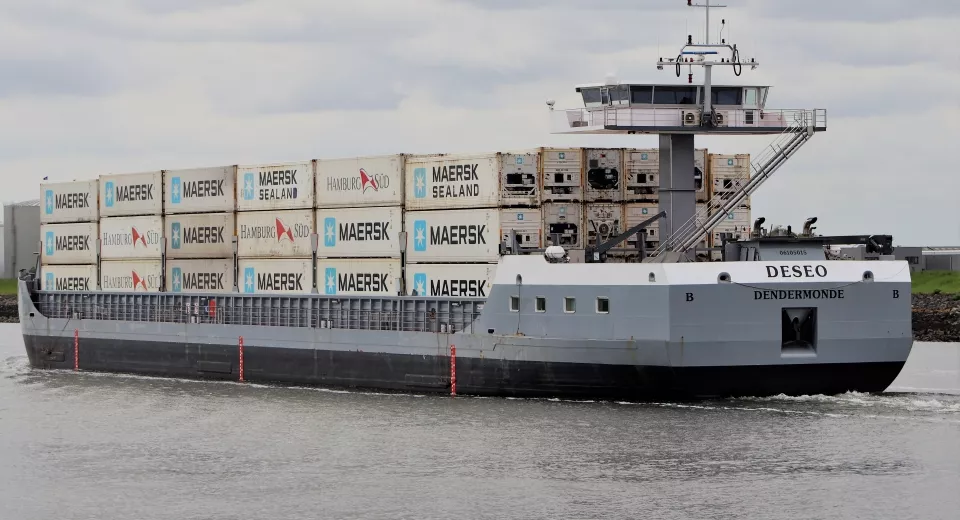Innovative navigation: a framework for sustainable maritime innovation
The Flemish Government aims to create a permanent legal framework for innovative navigation through a new decree. This framework should enable, among other things, automated navigation and alternative propulsion systems, such as electric or hydrogen-powered vessels. The Mobility Council of Flanders (MORA) supports this initiative and emphasises in its advisory opinion the importance of this step for the transition of the inland shipping and maritime sectors towards a forward-looking, smart, and sustainable operation.
Relevance for the blue economy
For the blue economy, where sustainable economic growth goes hand in hand with the protection of the marine ecosystem, this decree is of major strategic importance:
- Digitalisation and automation increase the efficiency of inland navigation, creating opportunities for multimodal transport and relieving pressure on road traffic;
- Innovative propulsion technologies such as hydrogen or electric batteries reduce the ecological footprint of vessels and contribute to climate goals;
- Through cross-border cooperation and European coordination, Flemish innovations can scale internationally;
- The maritime sector is a key player in the blue economy, and this framework enables the rapid and safe testing and development of innovative pilot projects.
Key points from the advisory opinion
Smart and workable regulatory framework
- Automated navigation and alternative propulsion systems each require a distinct approach, but a single central application procedure for companies is preferred;
- The market is already ready for semi-autonomous vessels. Fully autonomous ships are only viable in the longer term;
- Regulations must evolve with technology, without hindering innovation;
- A risk analysis should be an integral part of each application, assessing safety, vessel type, cargo, and navigation area;
- Clear decision deadlines from the Expert Commission are needed;
- Safety remains critical, but room must be left for innovation and experimentation.

Collaboration, people, and future vision
- Port authorities must be granted the same decision-making rights as inland waterway managers. This should be legally enshrined;
- Innovation in navigation does not stop at national borders, making interregional consultation and agreements with neighboring countries essential;
- Flanders should also raise this issue at the European level;
- New training programmes which reflect the impact of automation are needed for crews and technical staff;
- Automation can help mitigate staffing shortages, but a well-considered HR strategy is key to making it work;
- Continuous monitoring and evaluation are crucial. As technology evolves rapidly, policy must be able to keep pace.
Final note
The proposed framework decree marks an important step toward a smarter, greener, and more resilient inland and maritime navigation system. For the blue economy, it presents an opportunity to position Flanders internationally as a pioneer in maritime innovation. Successful implementation, however, requires clear regulations, close cooperation between governments, businesses and knowledge institutions, and ongoing attention to training and safety..
All pictures © Seafar


